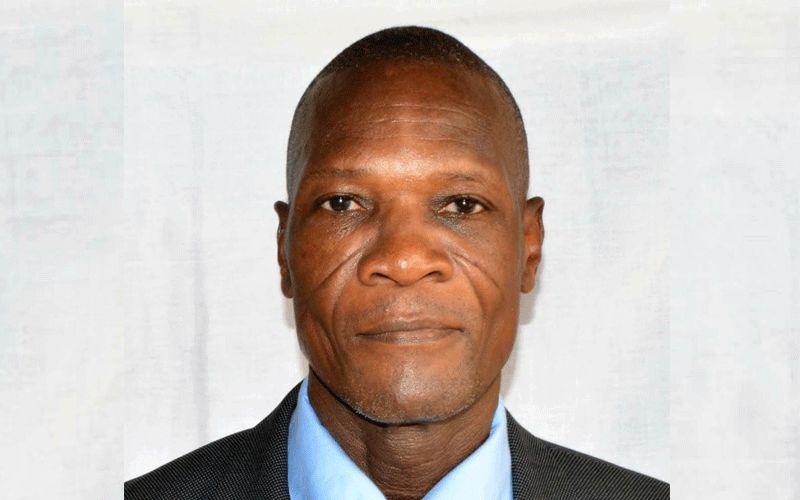Accra, 18 April, 2020 / 2:33 am (ACI Africa).
Key recommendations in a report that was drafted by the Catholic Bishops in Ghana on the country’s Public Health Act, among them provision of quality healthcare, is what Ghana needed to fight COVID-19 pandemic in the country, a Church official in the West African country has said.
The 2014 report, ‘Making Ghana's Public Health Act Work for All’ that was compiled by the Ghana Catholic Bishops’ Conference (GCBC) in December, was an assessment of Ghana's Public Health Act of 2012 (Act 851), which according to Samuel Zan Akologo, Executive Secretary of Caritas Ghana, has never been effected in the country.
“The report forewarned about Public Health Threats on Pages 20 and 21 and how to position ourselves in the health sector with this Act. It is very, very sad, to be tempted to say "I told you so" in the wake of COVID 19,” Mr. Akologo said in an interview with ACI Africa correspondent Thursday, April 16.
“Some of us were not surprised when some legal minds in the National Opposition Party's camp suggested that Ghana's Public Health Act had sufficient provisions to deal with the threat of COVID-19,” he said.
Akologo who oversaw the compilation and publication of the report revealed that in 2014, the Department of Human Development (representing Caritas Ghana at the time), released its report, which concluded that the Ministry of Health and the Ghana Health Service had not been vigorous in the implementation of the Health Act of 2012.








